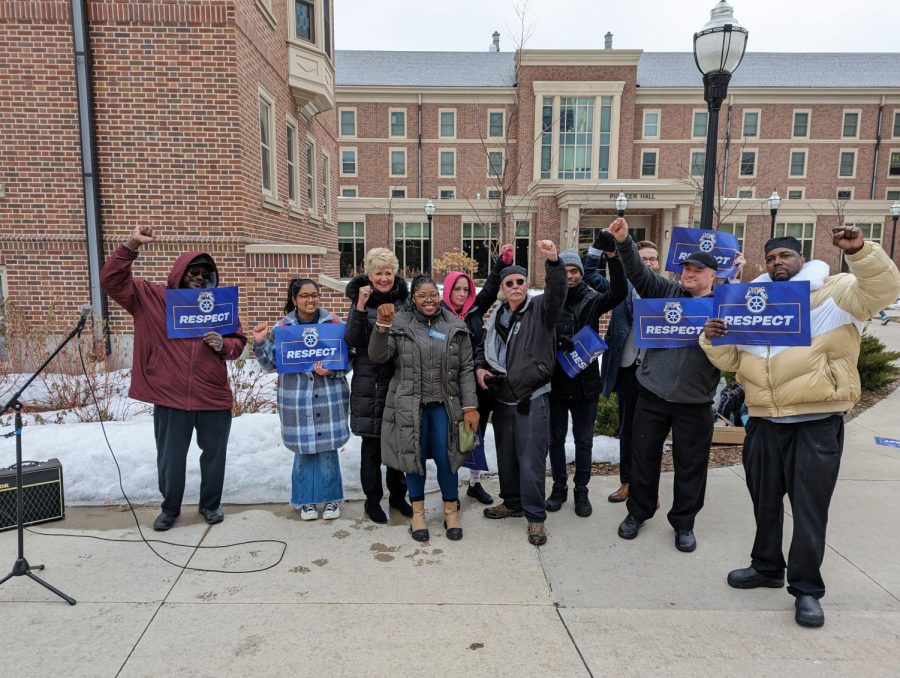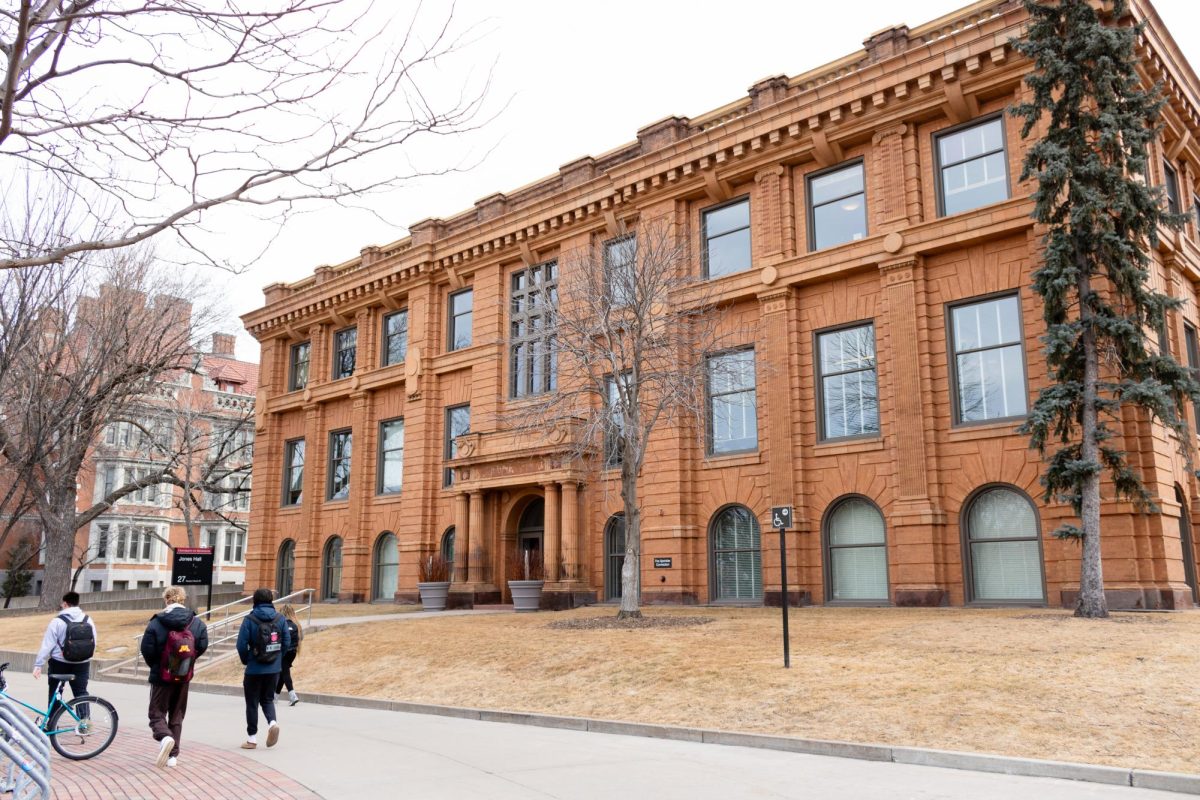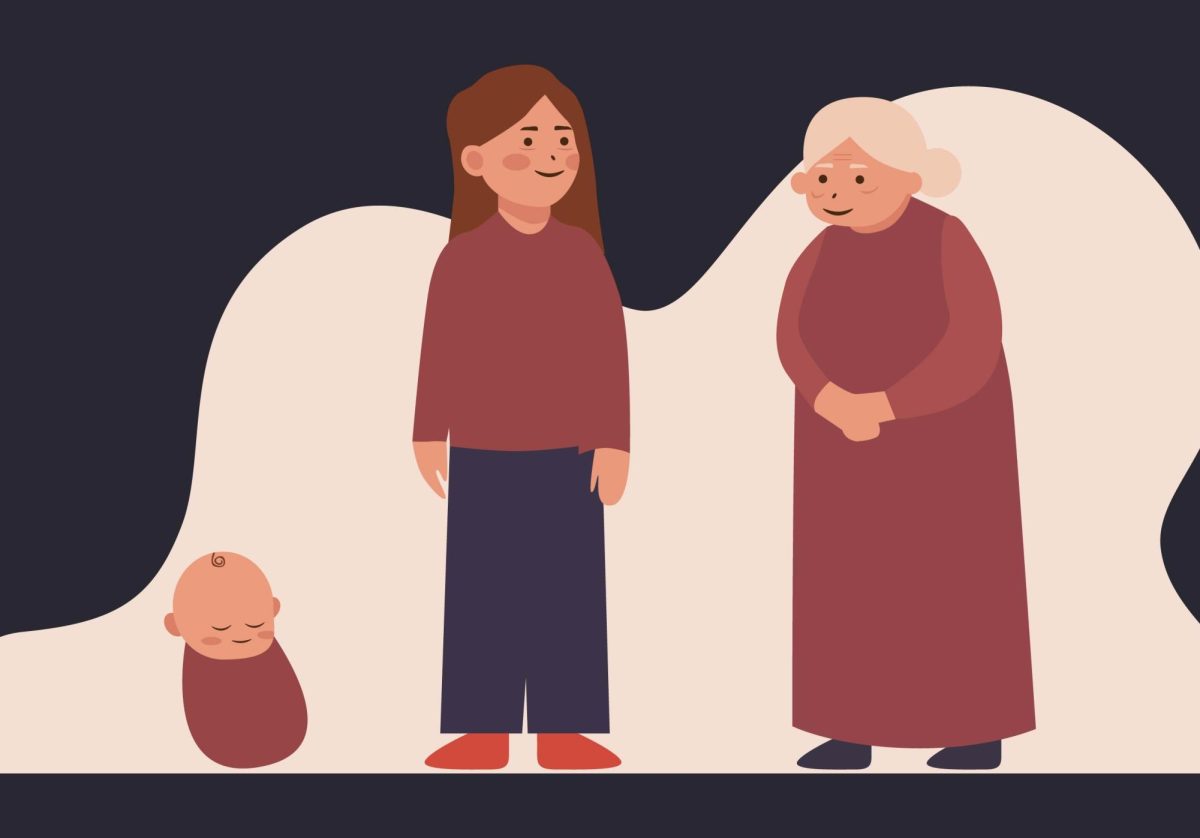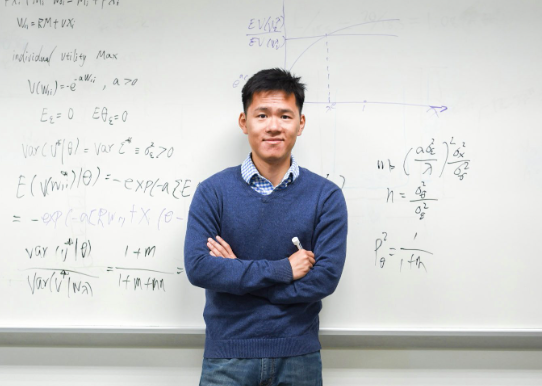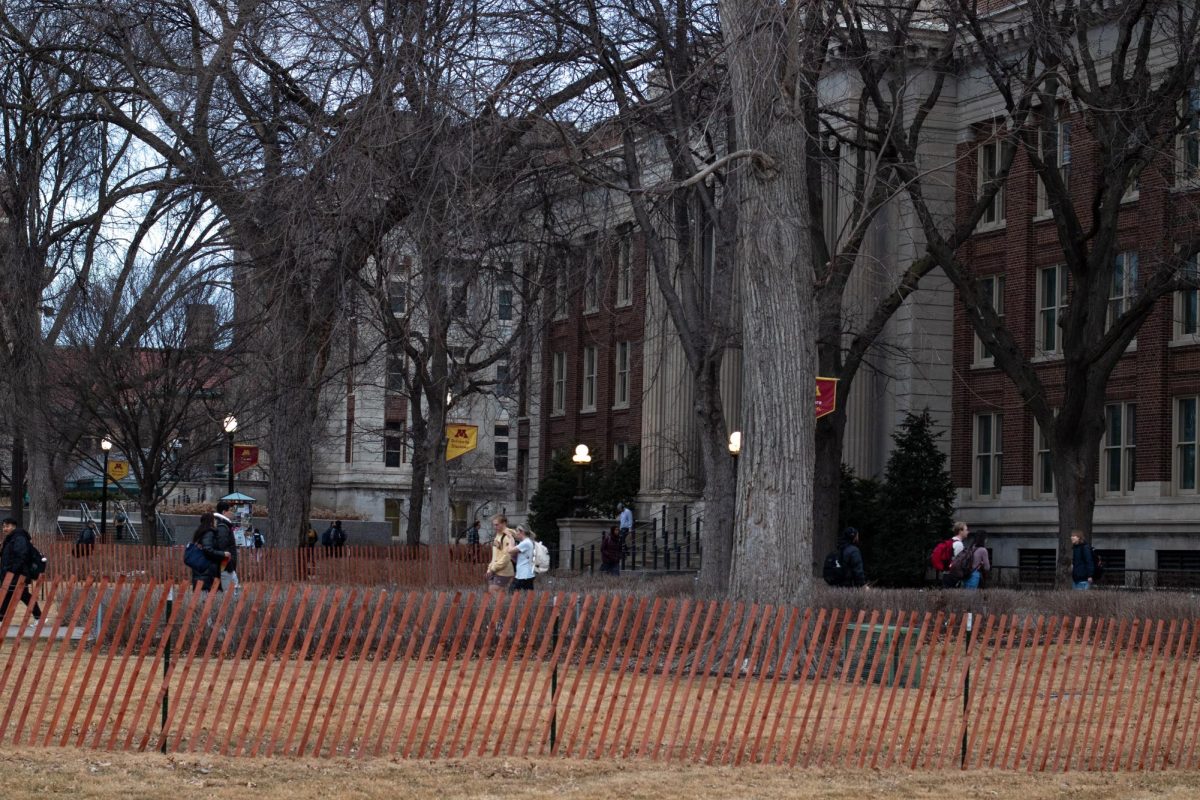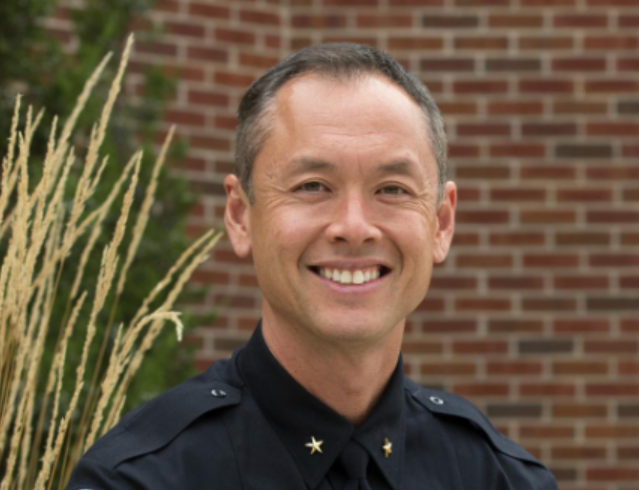Dining hall employees at the University of Minnesota said the University is going back on its agreement to offer them summer work.
In October, Teamster Local 320 negotiated a three-year contract with the University. During negotiations, the University agreed to form a work group made up of union and University representatives to increase job postings during the summer in other University departments and provide 30 hours of work per week to as many 12-month employees as possible.
“While our goal is to provide as much work as possible during these summer months, this reduced demand for services decreases the hours of work needed to meet demand,” Jake Ricker, director of public relations for the University, said in an email statement to the Minnesota Daily. “We have continued to actively look for opportunities to provide meaningful summer work to our 12-month positions.”
Some union members said they do not think the University is offering enough opportunities for summer work.
“That is not what is happening,” Jackson Kerr, a Teamsters Local 320 union organizer, said. “Now they are claiming that they just don’t have the jobs and that it’s not gonna work.”
Kerr said the University is currently offering 107 positions, but there are 130 employees eligible and more than 250 dining employees total. When dining staff are hired, they are brought on as either 12-month employees or nine-month employees. However, Kerr said they are often not told the length of their contract when hired.
Ricker said in his email statement to the Daily the length of an employee’s appointment is listed in their offer letter when hired.
Kerr said dining employees are unable to collect unemployment over the summer due to a Minnesota unemployment law. This statute prevents any employee from an academic institution from collecting unemployment over the summer.
Kerr said there is a bill working its way through the House that would change the statute, and Teamsters has been pushing for it to be passed.
The contract also states hours and positions are based on seniority, and being a 12-month employee does not guarantee 12 months of work. Employees will enter a bidding process for shifts.
“The biggest problem was gonna be with newer people because they’re at the bottom of that seniority list,” Kerr said. “They’re not likely to get either a position at all, or at least a position that works for their calendar or their personal situation.”
Dante Smith, who has worked in dining for a year, is considered a newer employee and said he is not likely to get a summer position. He said not having summer work will affect his childcare, transportation, rent and medical payments.
“I feel like the University has a lack of understanding that we are all a part of the same team,” Smith said. “It makes me feel like they have a disconnect.”
Smith said he will be returning to the University in the fall because of his medical situation, but he said if he felt he had another option, he would not be coming back.
Kerr said a potential downside of not providing more summer work for the University is that employees not offered positions may quit and seek other employment. He said if this happens, dining halls could be understaffed next fall like they were in fall 2022.
“I have no doubt that the U is setting itself up for that situation to take place again,” Mick Kelly, a dining hall cook for more than 20 years, said.
Kelly said this will mean long lines, reduced selection of food and reduced hours.
“The University does not value dining hall employees, the University treats us very poorly,” Kelly said.
Kerr said Teamsters has been combating the summer work issue through methods such as asking employees to call the president’s office and file grievances, organizing a protest on March 22 and a press conference, and talking to the Board of Regents.
Kelly said after the press conference, the University’s Human Resources department launched an investigation to determine if dining employees had the right to speak at the conference.
“What they are doing is simply trying to intimidate people,” Kelly said. “We have the right to come together, discuss our problems and improve conditions.”
Smith said Human Resources pulled him aside while he was working to ask him questions about if he was clocked out during the press conference.
Smith said he wishes the University would either provide more summer positions or help support the bill that would.
“The U is basically misunderstanding our expectations,” Smith said. “Keep your word in some way, shape or form, that’s all we are asking.”


